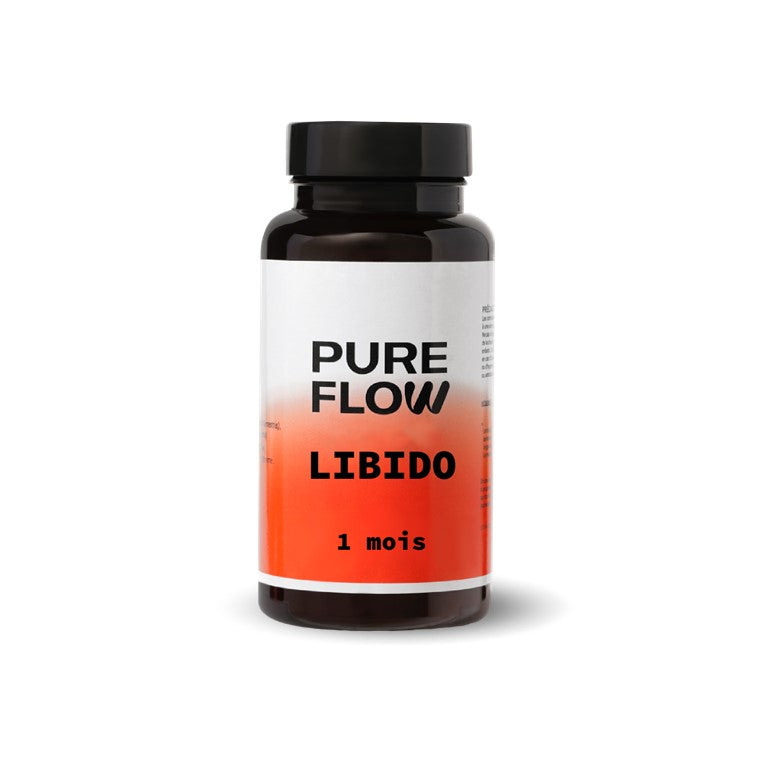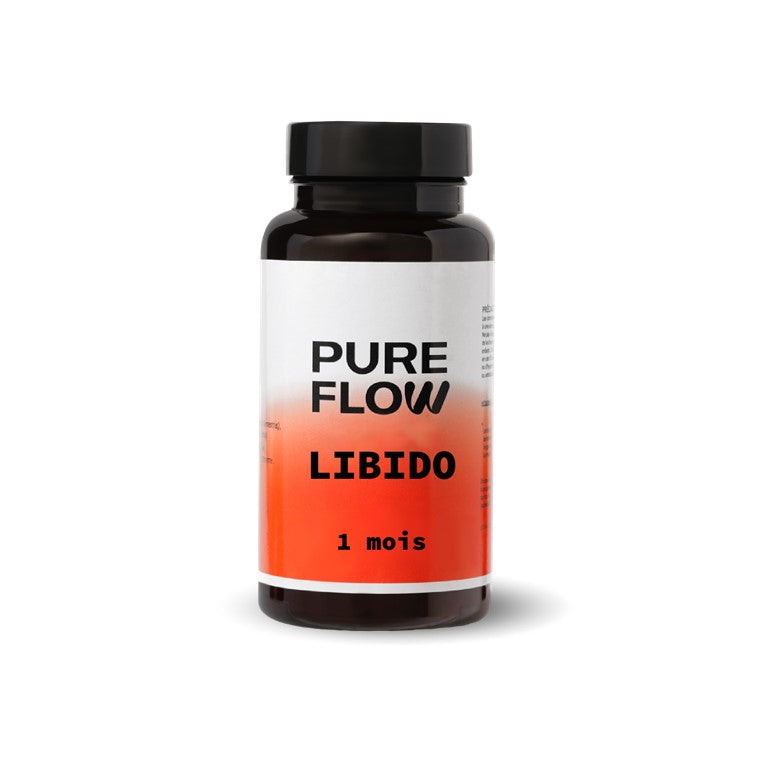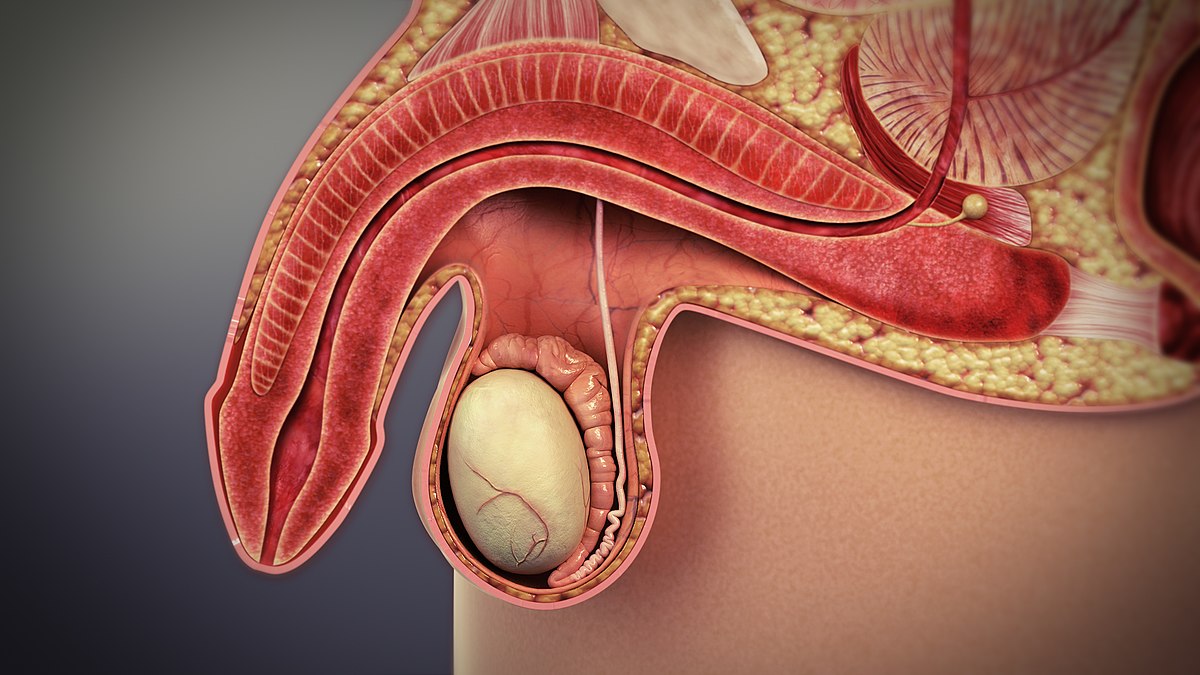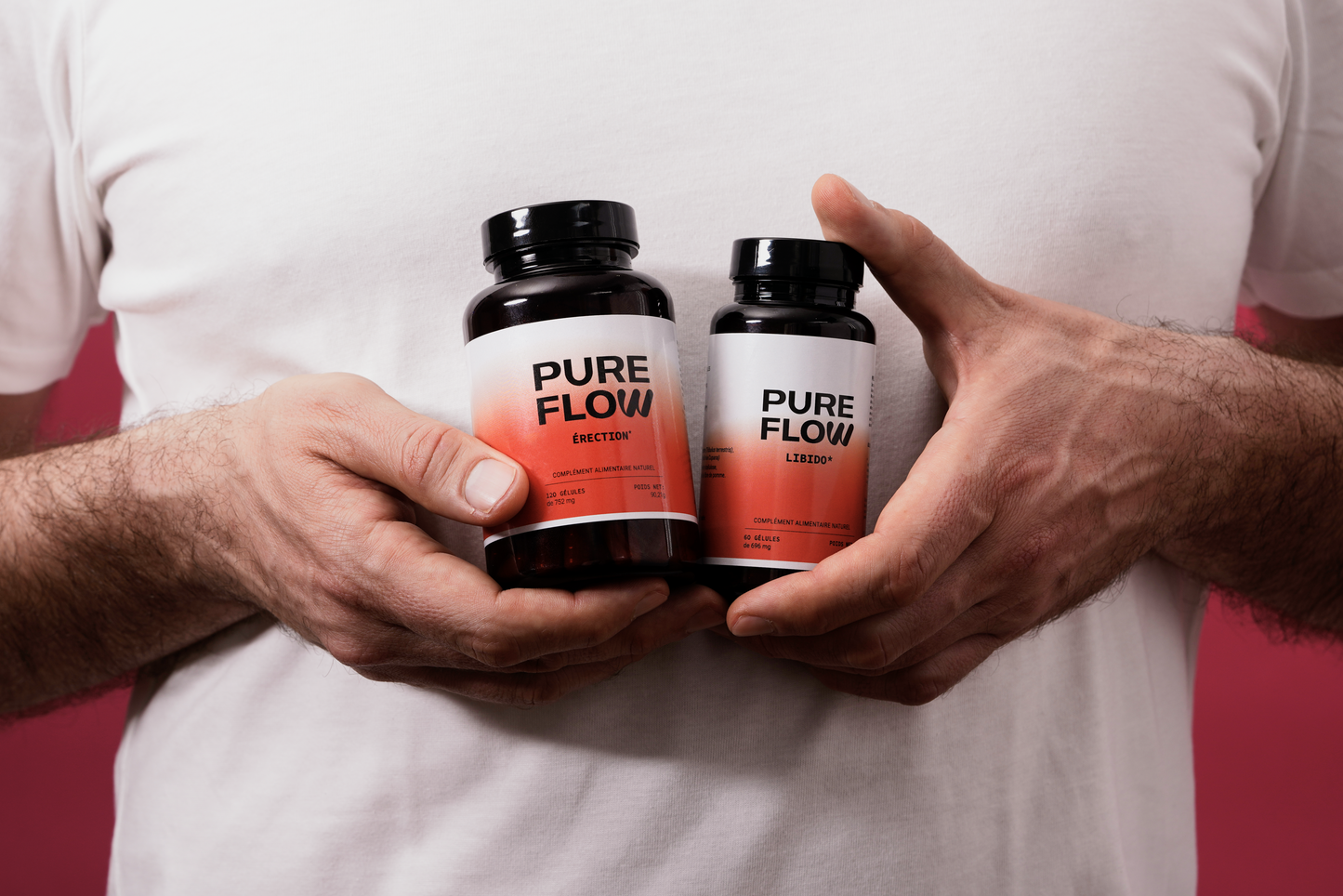Introduction
The male libido, often symbolized as an indicator of virility and vitality, goes through various phases during a man's life.
The complex dynamics of the male libido go far beyond stereotypes and simplifications. It is influenced by a range of factors, which go beyond simplistic notions linked to age or biological dysfunction. Variations in libido can be the result of hormonal changes, psychological challenges, the stresses of daily life, or various medical conditions. The impact of these factors on libido can be profound and multidimensional, affecting not only sexual health but also emotional and relationship well-being.
In this article, we undertake to thoroughly explore the underlying causes of decreased male libido. We'll untangle the myths from the realities, and examine a range of strategies for revitalizing and maintaining a robust and satisfying sex life. Our goal is to provide clear information and practical solutions that will help men better understand and manage fluctuations in their sexual desire, thereby promoting a fulfilling sex life and overall well-being .

Understanding Low Libido in Men
Libido, or sexual desire, plays a crucial role in a man's life, acting as a barometer of his overall sexual health. Its evolving nature means that it is not static and can fluctuate in response to a range of internal and external factors.
Physiological Factors Affecting Libido
- Fluctuations in testosterone levels: A significant drop in this key hormone decreases sexual desire and decreases sexual performance.
- Age-Related Hormonal Changes: As we age, natural hormonal changes can contribute to a reduced libido.
- Medical Conditions Affecting Sexual Function: Diseases like diabetes or hypertension can impact blood flow and nerve function, affecting sexual health.
- Side effects of certain medications: Antidepressants, blood pressure medications, and others can have side effects that decrease sexual desire.
- Cardiovascular health issues: Cardiovascular disease can reduce blood flow to the genitals, hindering erectile function.
- Hormonal Imbalances: Hormonal imbalances, including low testosterone, can directly influence libido. Hormonal imbalances affecting other hormones (diabetes, hypo or hyperthyroidism, Cushing's disease, etc.) can also lead to a drop in libido.
- Neurological complications: Neurological disorders can affect the body's ability to respond to sexual stimuli.
- Thyroid disorders: Thyroid dysfunctions can disrupt hormonal balance, impacting sexual desire.
- Obesity and metabolic syndrome: These conditions can decrease libido by affecting hormonal balance and self-confidence.
- Consequences of surgeries or medical treatments: Certain interventions, such as prostate surgery, can directly impact sexual function.
- Whether you have a blood penis or a larger flesh penis has no impact on your libido
Psychological and Environmental Factors
- Chronic stress and anxiety: Prolonged stress can divert mental and physical energy away from sexual activities.
- Depression and other mood disorders: These disorders can reduce interest in sex and lower overall energy.
- Relationship problems or couple conflicts: Tensions in a relationship can decrease sexual attraction and intimacy.
- Negative sexual experiences or trauma: Such experiences can lead to aversion or anxiety related to sex.
- Social or cultural pressures: Expectations about sexual performance can cause stress and affect libido.
- Lack of intimacy or emotional connection: Insufficient emotional connection with the partner can reduce sexual desire.
- General fatigue and exhaustion: A constant state of fatigue can decrease interest in sexual activities.
- Sedentary lifestyle and poor eating habits: An inactive lifestyle and an unbalanced diet can decrease energy and libido.
- Excessive alcohol or drug use: Substance abuse can negatively affect sexual function and desire.
- Lack of regular physical activity: Regular exercise can increase testosterone and improve overall well-being, positively influencing libido.

At What Age Does a Male Libido Typically Decrease?
The decline in a man's libido is often associated with age , particularly around the age of fifty . This period marks a phase known as andropause , similar to menopause in women, where there is a noticeable drop in testosterone levels. This hormone plays a key role in regulating sexual desire, and its decrease can therefore lead to lower libido.
However, it is crucial to recognize that this decline is not inevitable. Many men continue to live an active and fulfilling sexual life well into their 50s. Several factors contribute to the preservation of libido, including:
- General Health: Good general health is fundamental to maintaining an active libido. Chronic illnesses, metabolic disorders, and hormonal imbalances can all affect sexual desire.
- Relationship Quality: Healthy, fulfilling relationships, characterized by communication and intimacy, play a vital role in maintaining sexual interest.
- Psychological Well-being: Emotional and psychological well-being, including managing stress and anxiety, strongly influences libido.
- Lifestyle: A healthy lifestyle, including a balanced diet, regular exercise and reduced alcohol and tobacco consumption, supports healthy sexual function.

Boosting the Libido of Men after 50 Years
After age 50, maintaining a healthy libido may require more conscious efforts and proactive management of sexual health. Here are some key strategies:
- Regular Medical Monitoring: Regular check-ups are essential to detect and treat possible health problems that may influence libido. This includes monitoring hormonal levels and managing any underlying medical conditions.
- Weight and Diet Management: Maintaining a healthy weight and eating a nutritious diet can have a significant impact on sexual health, including the ketogenic diet. A diet rich in fruits, vegetables, whole grains and lean proteins is beneficial.
- Sleep Hygiene: Quality sleep is crucial for general well-being and sexual health. Adopting good sleep habits can improve energy and vitality.
- Reduction of Harmful Substances: Reducing or eliminating the consumption of alcohol and tobacco can have a positive effect on libido.
- Sport: Bodybuilding and short, intense activities promote libido unlike endurance activities.
- Social Life and Intimate Relationships: Cultivating an active social life and maintaining strong intimate relationships are essential for a healthy libido. This includes open communication with the partner and participation in stimulating social activities.
By adopting these strategies, men over 50 can not only preserve their libido , but also improve their overall quality of life . The key is to recognize the importance of sexual health and take active steps to maintain it.
Natural Treatments for Loss of Libido in Men
For many men, exploring natural treatments is a crucial initial step in addressing low libido . These methods, often free of side effects, can offer long-lasting and healthy solutions for revitalizing sexual desire.
Nutritious and Balanced Diet:
- The foundation of a healthy libido often lies in a diet rich in essential nutrients.
- Certain foods, like oysters, are known for their high content of zinc, a mineral essential for testosterone production.
- Avocados, rich in vitamins E and B, promote better blood circulation and optimal hormonal health.
- Other beneficial foods include nuts , antioxidant-rich fruits, and green vegetables, which help maintain hormonal balance and overall health.
Regular Exercise:
- Physical activity, especially resistance training and cardiovascular exercises , is fundamental to boosting testosterone production.
- A regular exercise regimen also helps improve self-esteem and reduce stress , two important factors affecting libido.
- Exercise promotes blood flow, essential for healthy erectile function , and improves endurance and overall energy.
Relaxation and Stress Management Techniques:
- Meditation and yoga are excellent methods for reducing anxiety and managing stress, both of which can greatly impact libido.
- These practices help calm the mind, reduce bodily tension , and improve mental and emotional connection with oneself and one's partner.
- The deep relaxation gained from these techniques can also improve sleep quality , an essential component for good sexual health.
By integrating these natural methods into their daily routine, men can not only address problems related to low libido but also improve their overall health and well-being. These strategies, focused on a holistic approach to the body and mind, can lead to a more fulfilling and satisfying sex life.
Libido Food Supplement
Our STIMULATE LIBIDO solution is a food supplement aimed at boosting libido in men of all ages .
Its ingredients, each with their unique properties, help improve libido and sexual well-being in different ways:
- Tribulus Terrestris is known to stimulate the production of testosterone, a key hormone in regulating libido in both men and women. By naturally increasing testosterone levels, Tribulus can improve sexual desire, performance, and overall satisfaction.
- Guarana Seed Extract (Paullinia Cupana) : Guarana, rich in caffeine, acts as an energy booster, increasing alertness and reducing fatigue. This increase in energy can translate into increased libido and improved stamina, contributing to a more intense and longer sexual experience.
- Marine Magnesium : Magnesium plays a crucial role in many bodily functions, including the production of sex hormones such as testosterone and estrogen. Adequate levels of magnesium can help improve blood circulation and reduce stress, both important factors for a healthy libido and optimal sexual function.
- Apple Fiber Powder : Although its direct link to libido is not as obvious as other ingredients, apple fiber powder may support sexual health by improving digestion and absorption of nutrients. Good digestion contributes to better general health, which can have a positive effect on libido.
Conclusion
Understanding the male libido, with its fluctuations and various influences, is essential to effectively and sensitively addressing the issue of male sexual health. Whether low libido is due to physiological, psychological factors or age-related changes, it is important to recognize that tailored, personalized strategies can make a significant difference.
Realizing that decreased libido is not inevitable with age paves the way for a more proactive and optimistic approach to sexual health. Men can take comfort in knowing that lifestyle changes, natural treatments, increased attention to physical and mental health, as well as maintaining intimate and satisfying relationships, are all key to maintaining or regaining a healthy relationship. healthy libido.









